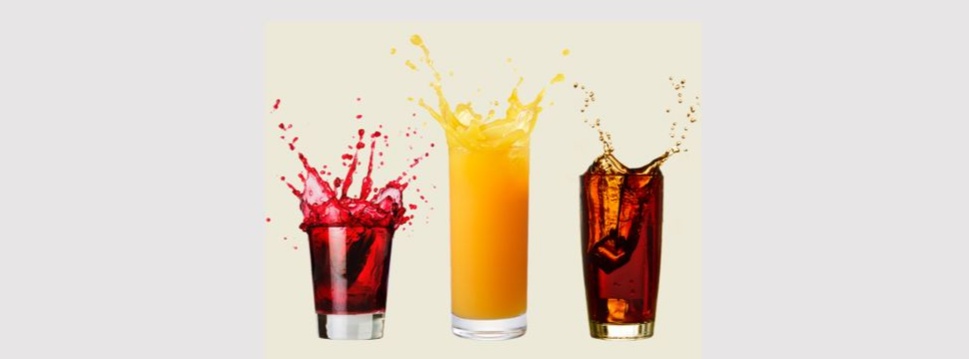Germany is the leader in sugar consumption via “soft drinks” - foodwatch calls for soda tax
News General news
In no other large Western European country do people consume as much sugar via sweetened drinks as in Germany. This is shown by figures from the market research institute Euromonitor on the ten most populous Western European countries, which were analyzed by the consumer organization foodwatch. According to these figures, the per capita consumption of sugar via soft drinks in Germany in 2023 averaged 23 grams per day or around 8.5 kilograms per year - the highest value in the country comparison. Germans consume even more sugar from drinks than from confectionery: They consumed just under 22 grams per day or around 7.9 kilograms per year via chocolate, sweets & co.

“The figures prove it: Soda, cola & co. are the central source of excessive sugar consumption. Liquid sugar is particularly harmful and costs our health system billions. While more than 100 countries worldwide have already introduced taxes on sugary drinks, Germany is still a developing country when it comes to preventing diet-related diseases,” criticized Luise Molling from foodwatch.
The consumer organization once again called for the introduction of a soda tax based on the British model. A comparison with the UK shows the success of the tax introduced there in 2018: while sugar consumption via sweet drinks was previously roughly the same in both countries, it fell drastically in the UK following the announcement of the tax and is now a full five grams per day per capita below the German level.
According to the World Health Organization (WHO), sugar-sweetened beverages are one of the main causes of obesity and type 2 diabetes. An estimated 8.5 million people in Germany currently suffer from type 2 diabetes and around one in four adults is considered morbidly obese. Obesity alone generates around 63 billion euros in follow-up costs in Germany every year.
This year, a study by the Technical University of Munich showed that the beverage industry is lagging miles behind its already unambitious sugar reduction targets. Between 2015 and 2021, the average sugar content in soft drinks fell by just two percent, while in the UK the soda tax led to a 29 percent reduction in the same period. According to a recent study by the University of Cambridge, sugar consumption among children and adults also fell significantly.
Scientists at Oxford University and the Technical University of Munich have calculated that a soda tax could prevent hundreds of thousands of cases of illness and save up to 16 billion euros in healthcare costs in Germany.
In terms of sugar consumption via soft drinks, Austria is just behind Germany with almost 23 grams. It is followed by the Netherlands (22 grams), Belgium (18 grams), the UK (18 grams), Sweden (17 grams), France (15 grams) and Spain (13 grams). The Italians and Portuguese consume the least sugar via soft drinks (9 grams).
The foodwatch analysis is based on the ingredients database of the market research institute Euromonitor. Euromonitor calculates consumption figures for ingredients such as sugar based on sales data for the end products and using the recipes for the most relevant products.










